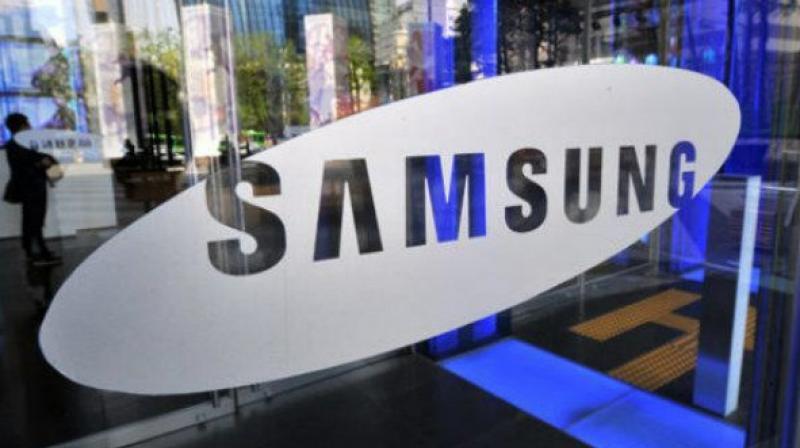Samsung to boost dividends, review corporate structure

Seoul: Samsung Electronics said Tuesday it will increase shareholder returns and review its corporate structure as investors step up pressure to reform the South Korean tech giant's governance structure following the Galaxy Note 7 fiasco.
The South Korean company said in a statement that it will boost dividends by 30 percent from 2015 to about 4 trillion won ($3.4 billion) for the full year of 2016. That is about half of its free cash flow this year. It will use the other half to repurchase its shares in January, which will be then cancelled.
Samsung also promised to strengthen corporate governance procedures in its board. It will invite one new independent member to the company's nine-person board and create a new governance committee comprised of independent board members. The company currently has six committees on management, audit and others.
For at least six months, Samsung's external advisers will review options of restructuring its corporate structure, including creating a holding company structure.
The announcement comes after Elliott Management Corp asked Samsung last month to improve Samsung's corporate governance and to simplify its complicated ownership structure. The US activist hedge fund, which tried unsuccessfully to stop a controversial merger of two Samsung companies last year, urged Samsung to review splitting it up into a holding company and an operating company, to list in the US stock market and to add three independent board members.
Samsung is trying to court shareholders and improve its corporate structure as the cause of the fires in its Galaxy Note 7 cellphones remains a mystery. Samsung said at the end of October that the company was doing everything to find out what went wrong with the Galaxy Note 7, which overheated and caught fire, prompting two global recalls and eventual discontinuation of the flagship model. The company since has not updated the public on its investigation results.
Some investors blamed Samsung's smartphone fiasco on the company's governance structure, where the founding family, with a minority stake, and the family's close aides have an outsize influence over the company's major decisions.

